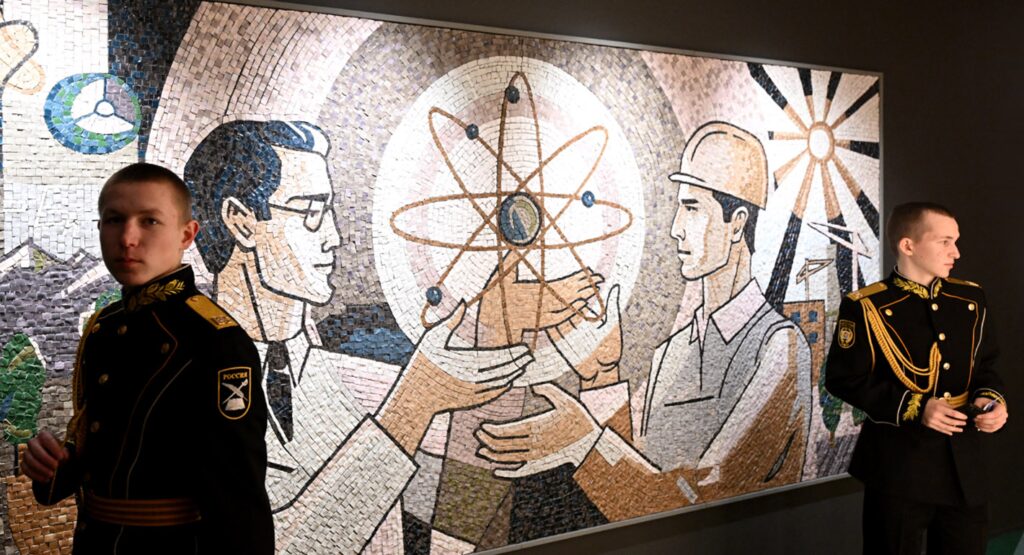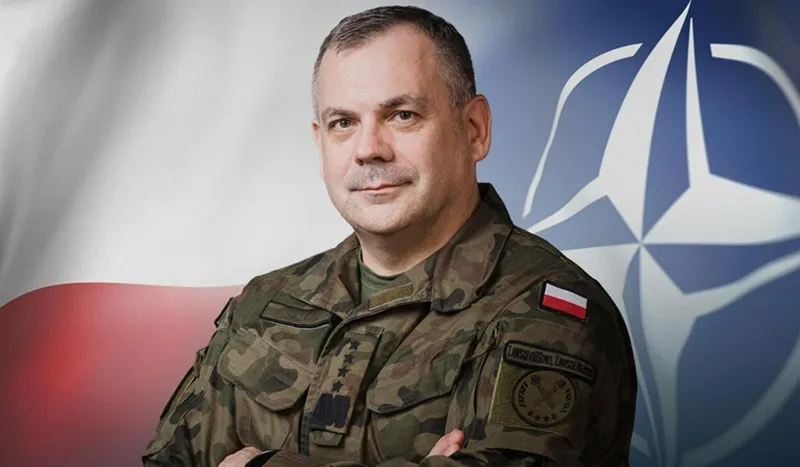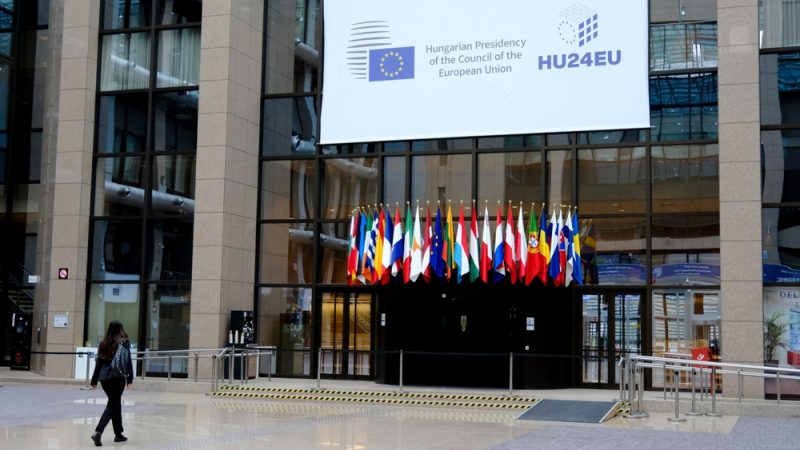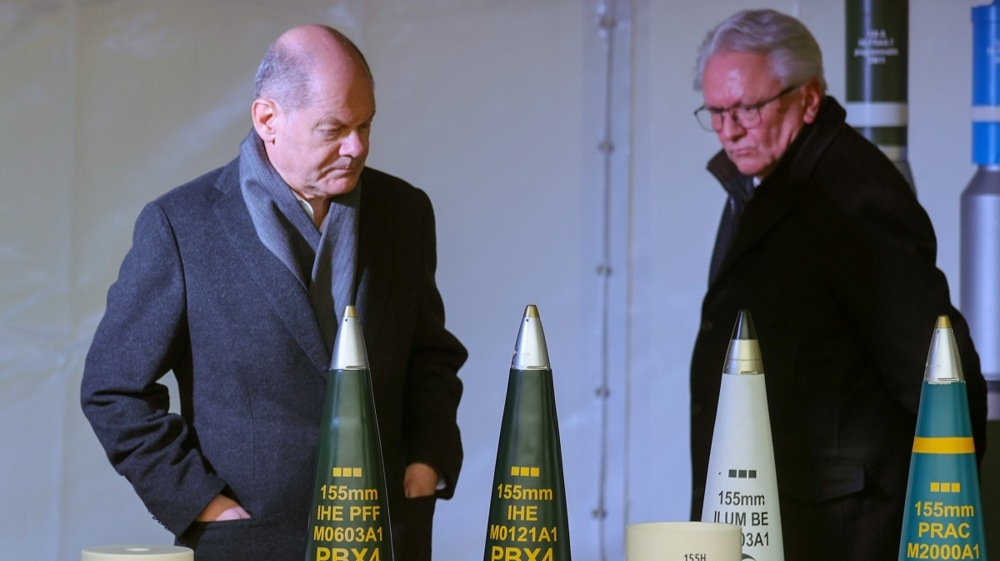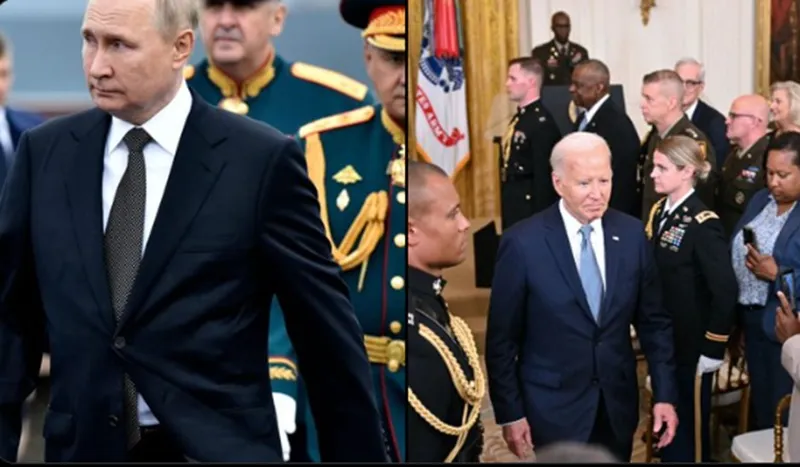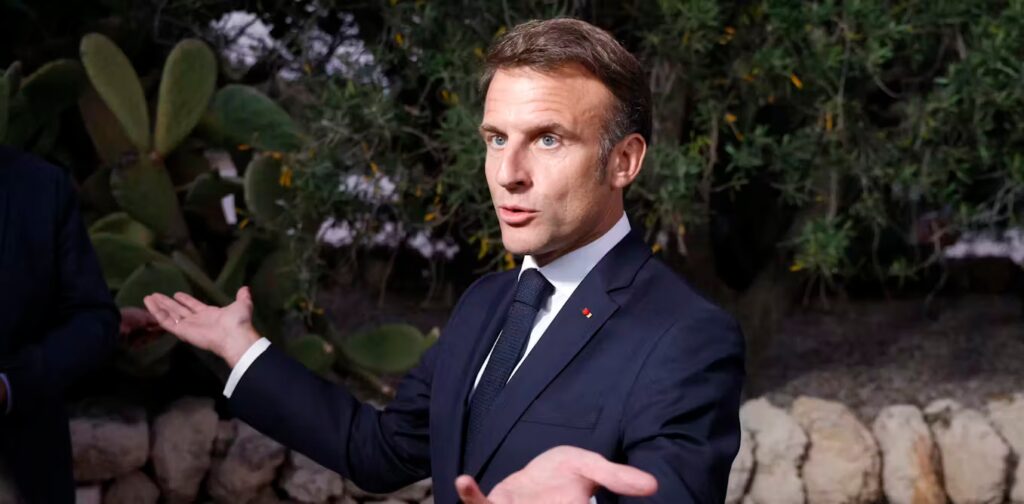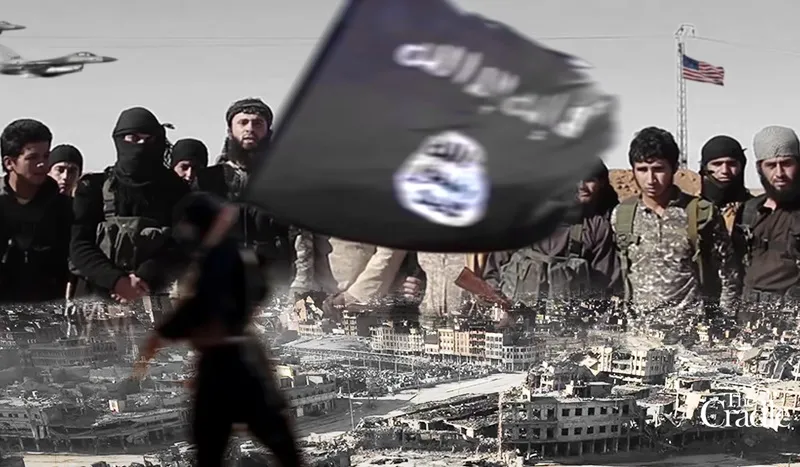How Al-Qaeda Strengthens TTP – OpEd
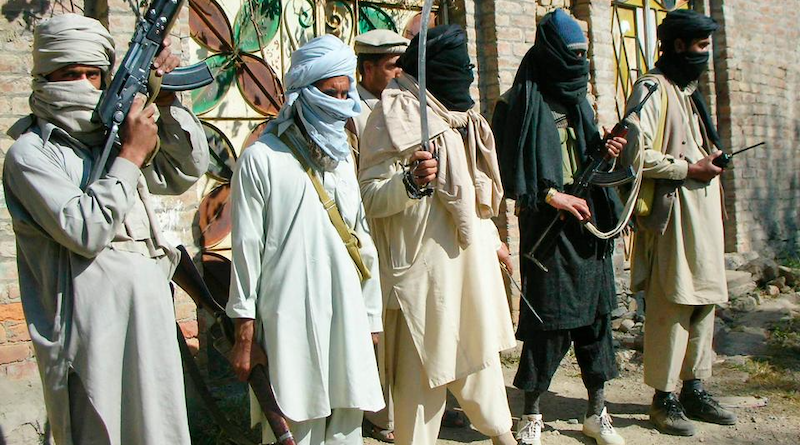
Afghanistan has become a sanctuary for terrorist groups, with the Tehreek-i-Taliban Pakistan (TTP) emerging as the largest and most influential among them. A UN report highlights the extensive support TTP receives from the Afghan Taliban and Al Qaeda, raising serious concerns about regional security. This opinion piece explores the implications of TTP’s resurgence and the broader impact on South Asia.


